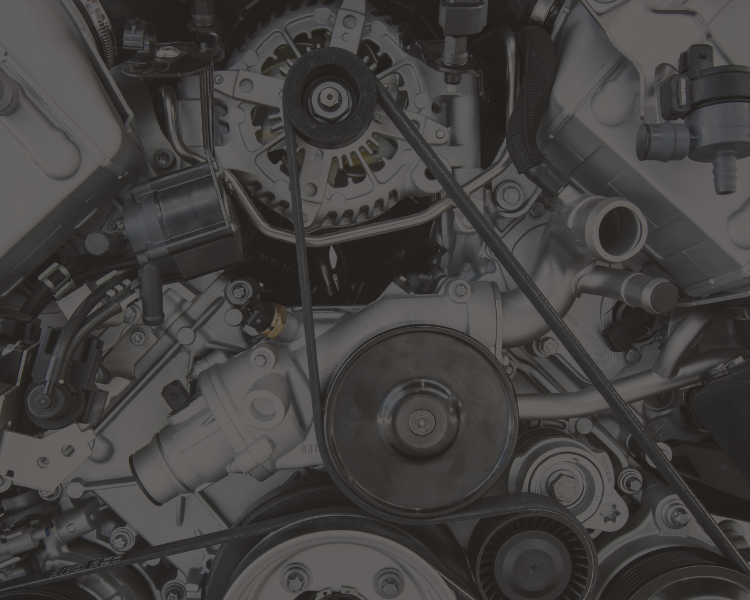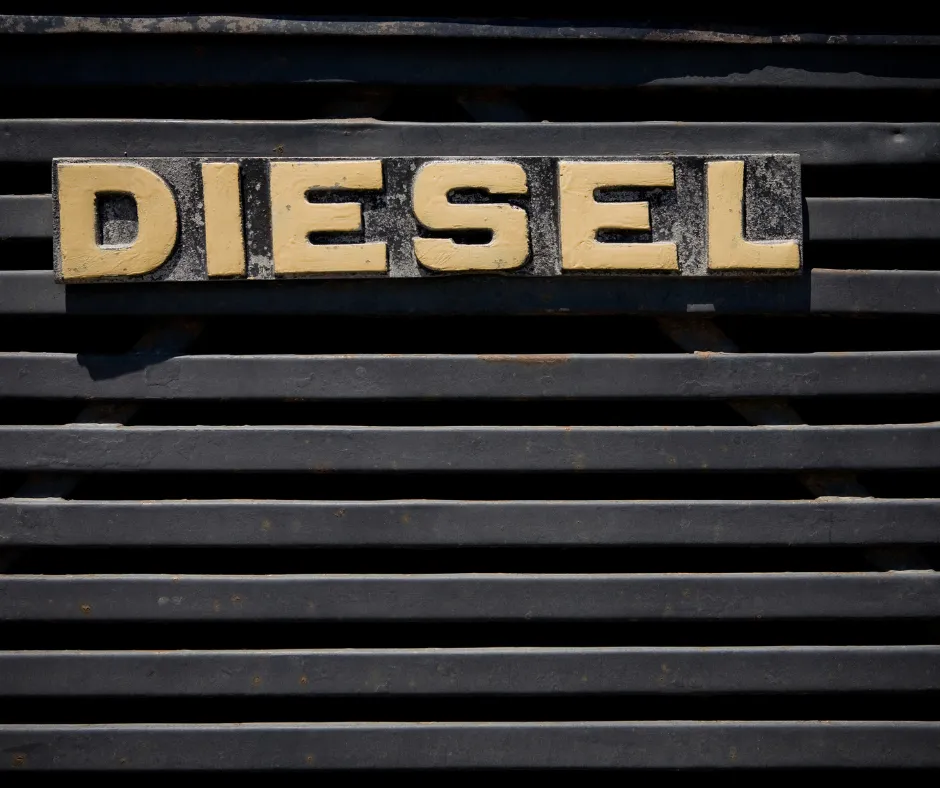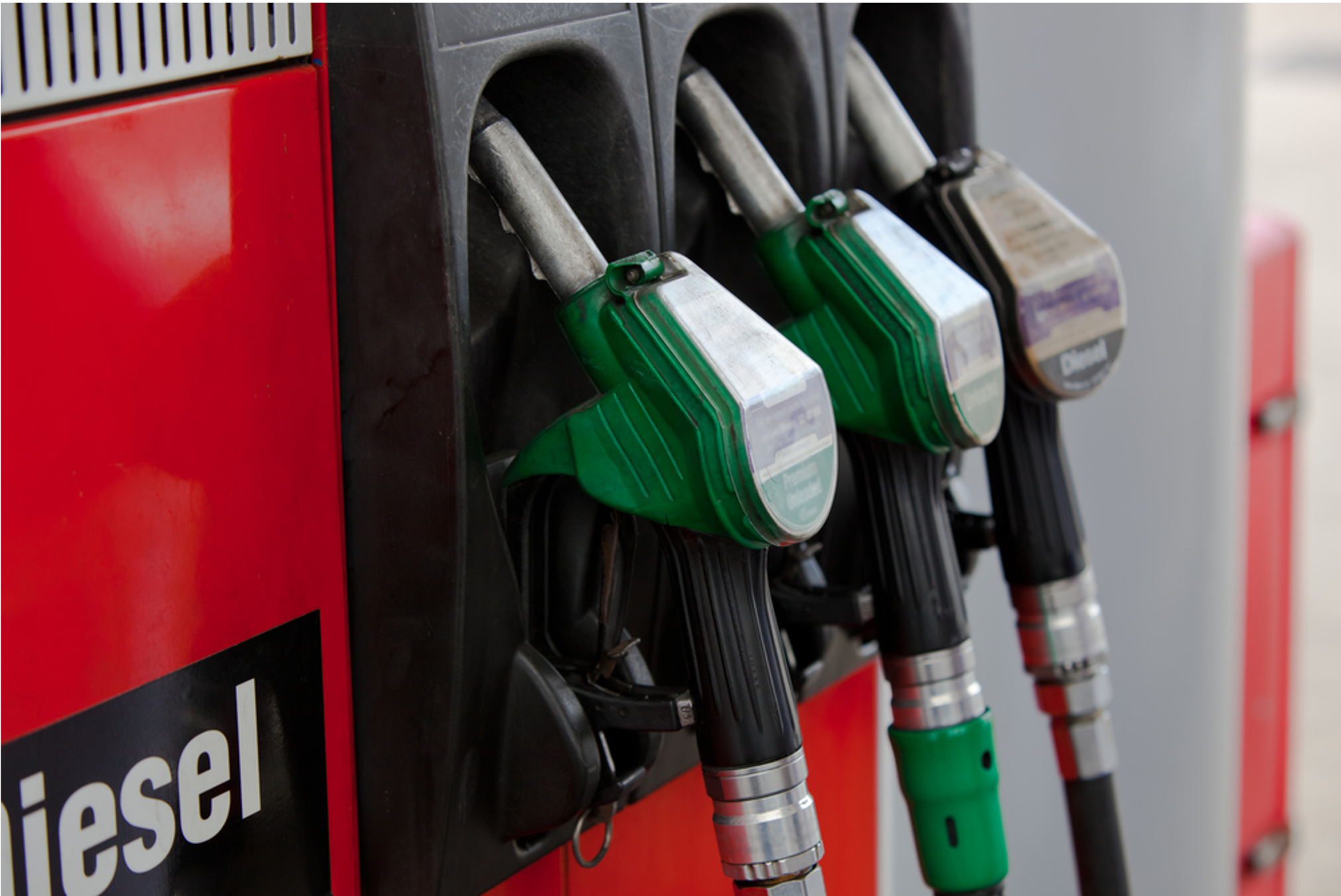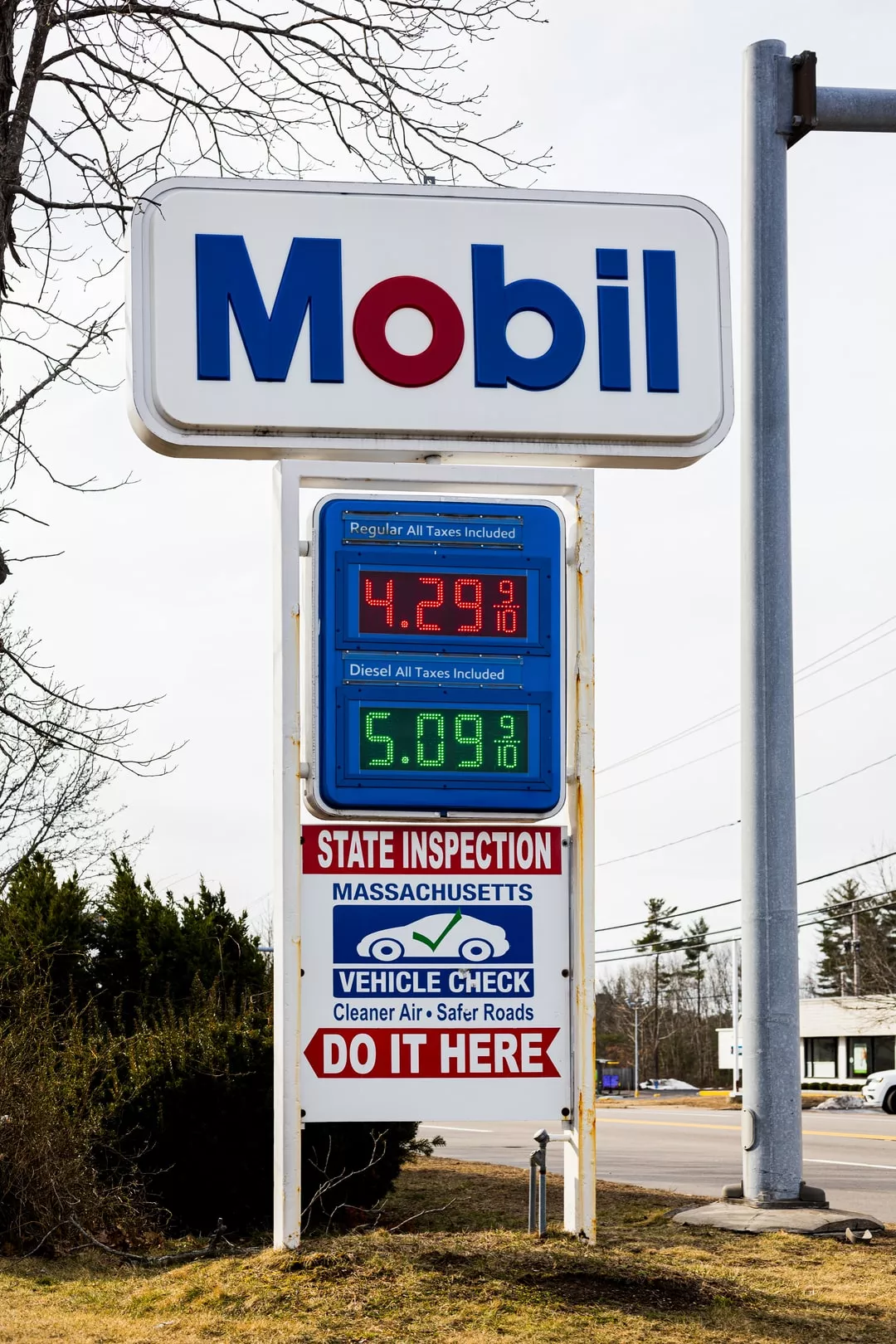Understanding the Difference Between Summer and Winter Gas
Not many consumers are aware of this, but they should be.
When you pull up to the gas station, you might assume the fuel you’re getting is the same all year round. But in reality, there’s a small but significant change in gasoline between seasons.
This change helps your car run more efficiently based on the season, and it’s why summer gas and winter gas exist. Below, we’ll break down the differences between these seasonal fuel blends and explain why they matter to your car’s performance.
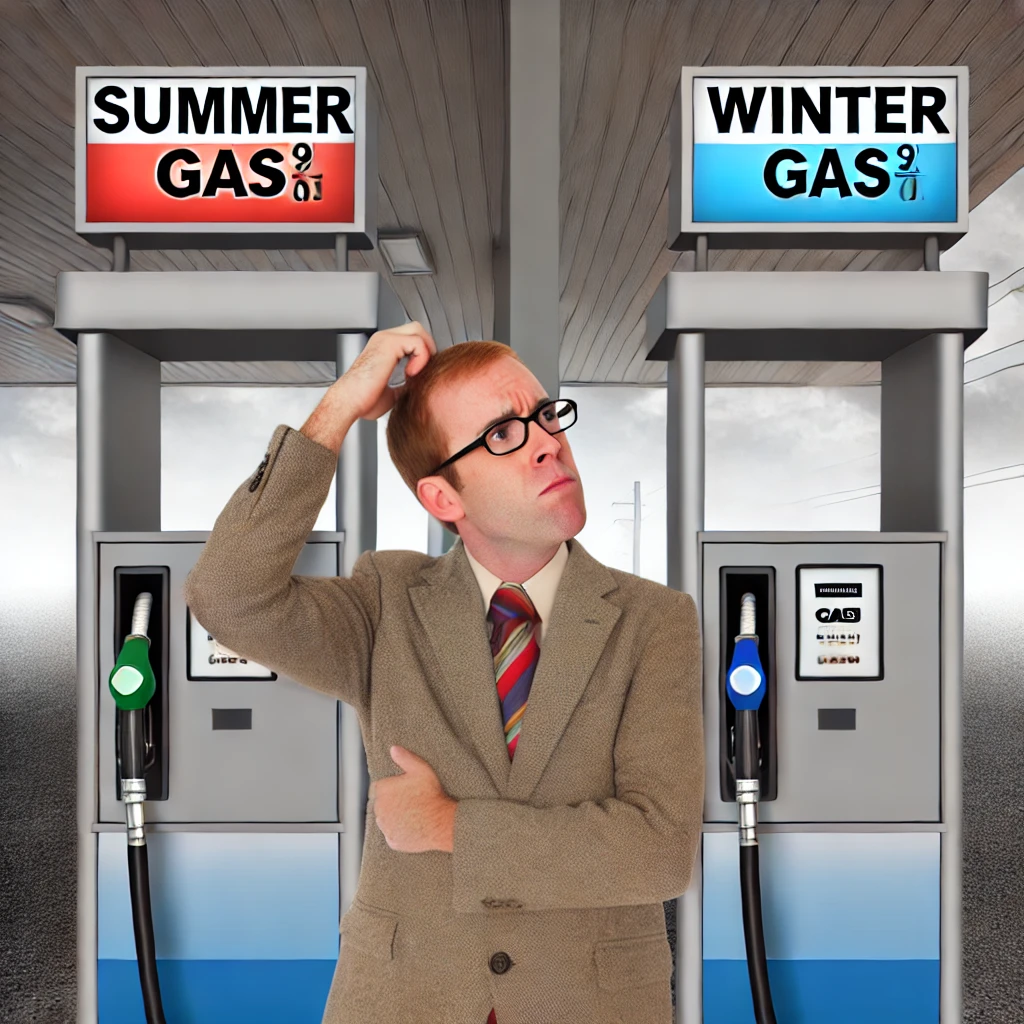
Why Are There Different Gas Blends for Different Seasons?
Gasoline is made from a mix of hydrocarbons, and these hydrocarbons can vary in their volatility. Volatility, in this case, refers to how easily a liquid turns into vapor. In the warmer months, a more stable gas is preferred, while in the colder months, a more volatile gas blend helps engines start more easily.
To manage these seasonal needs, the Environmental Protection Agency (EPA) and state environmental agencies set regulations for gasoline blends. These regulations help manage air pollution by reducing fuel evaporation and combustion emissions, which vary depending on temperature.
Summer Gas: Keeping Fuel Stable in the Heat
During summer, when it’s warm, gasoline tends to evaporate pretty easily. Evaporation not only wastes fuel but also contributes to smog and air pollution when vapors mix with other pollutants. To prevent this, refineries create a “summer gas” blend that’s less volatile and more stable.
Summer gas has a lower Reid Vapor Pressure (RVP), which is a measure of how easily gasoline evaporates at certain temperatures. Lower RVP gasoline evaporates less, reducing smog and improving air quality. However, because it’s more stable, it’s also a bit pricier to produce. Refineries must use additional processing steps to lower the fuel’s volatility, which adds to the cost. This is part of the reason you might notice gas prices rising during the summer months; it’s literally more expensive to refine than winter gas.
Benefits of summer gas include:
- Lower fuel evaporation, especially in hot weather
- Reduced smog and air pollution
- More stable fuel for better mileage in warm conditions
Winter Gas: Helping Engines Start in Cold Weather
When temperatures drop, it’s harder for your engine to ignite fuel. That’s where winter gas comes in. Winter gas has a higher RVP, making it more volatile, so it vaporizes more easily in cold temperatures. This means that even on below-freezing mornings, winter gas helps your car start reliably.
To achieve this higher volatility, winter gasoline contains more butane, a hydrocarbon that evaporates quickly. While this makes it ideal for winter, butane is also cheaper than other fuel components, which helps keep gas prices lower in the colder months.
Benefits of winter gas include:
- Easier cold-starting performance
- Lower gas prices due to cheaper components
- Efficient combustion in colder conditions
How Seasonal Gas Blends Affect Your Car’s Performance
While the difference between summer and winter gas might seem minor, it can have noticeable effects on your car’s performance, mileage, and even emissions. Using summer gas in the winter could make it harder for your engine to start, while winter gas in the summer may cause fuel to evaporate too quickly, affecting efficiency.
Fortunately, gas stations automatically switch between these blends in response to seasonal changes. (The switch between summer and winter gasoline blends happens in nearly every state, just not following the same exact dates or regulations.) Most stations begin switching to winter gas in mid-September, with full conversion by mid-October. The transition back to summer gas starts around April.
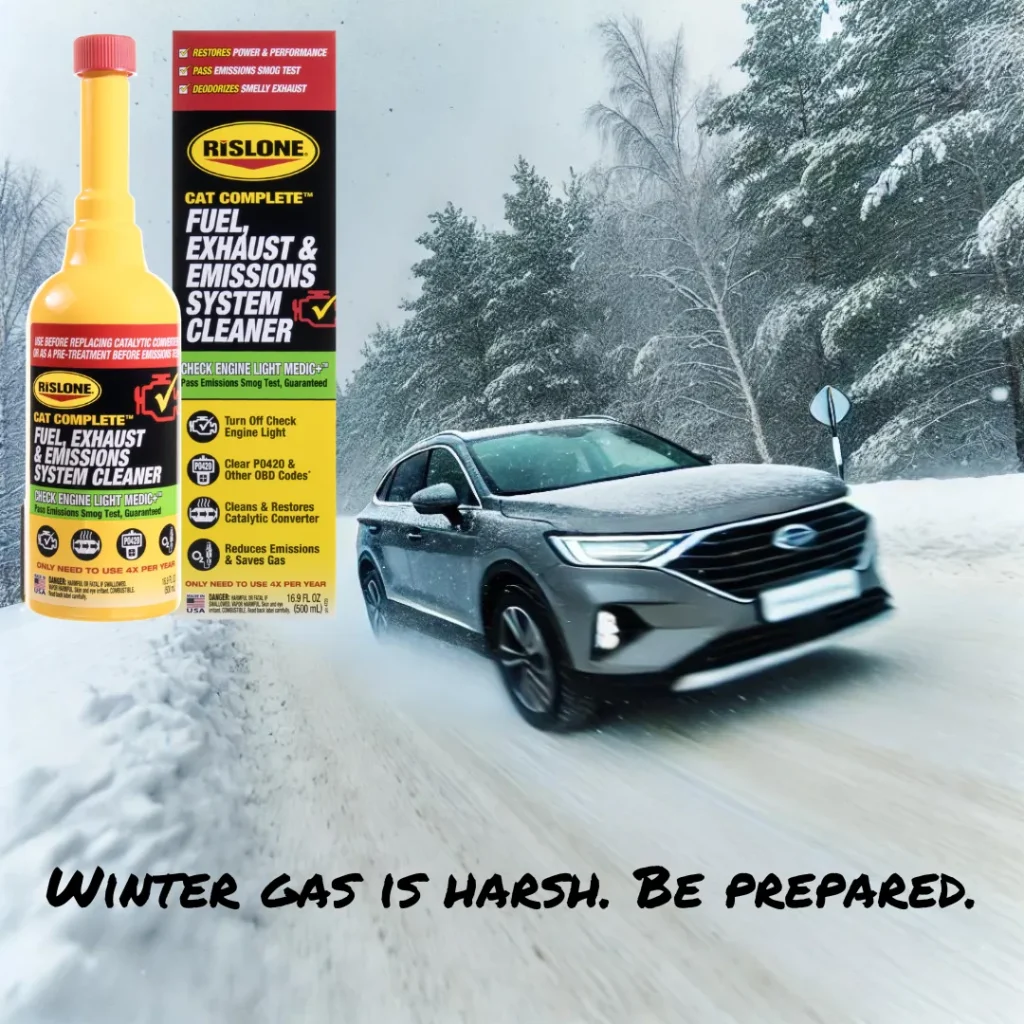
The Pros Know: Prepare Your Fuel & Emissions Systems for Winter
As gas stations switch to winter fuel blends, it’s the perfect time to prepare your car’s fuel and emissions systems for the colder weather ahead. Winter driving can put extra strain on your engine, especially as temperatures drop and your car needs a little extra help to start and run smoothly. To keep your engine performing at its best, a thorough fuel and emissions system cleaning can make all the difference.
One product that can help with this is our bestselling Rislone Cat Complete™ Fuel, Exhaust & Emissions System Cleaner. This all-in-one cleaner removes harmful deposits from your fuel system, exhaust, and emissions components, improving fuel efficiency and performance. Using it before winter gas takes full effect can help optimize fuel combustion and prevent buildup that’s common with winter gas. With Rislone Cat Complete™, you can enter the winter season knowing your engine is ready to tackle the road, no matter the weather.

